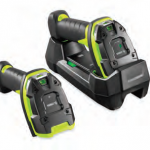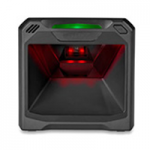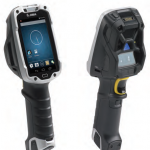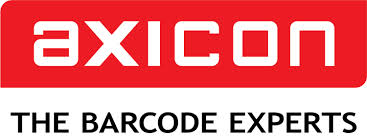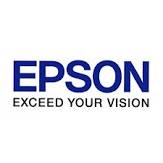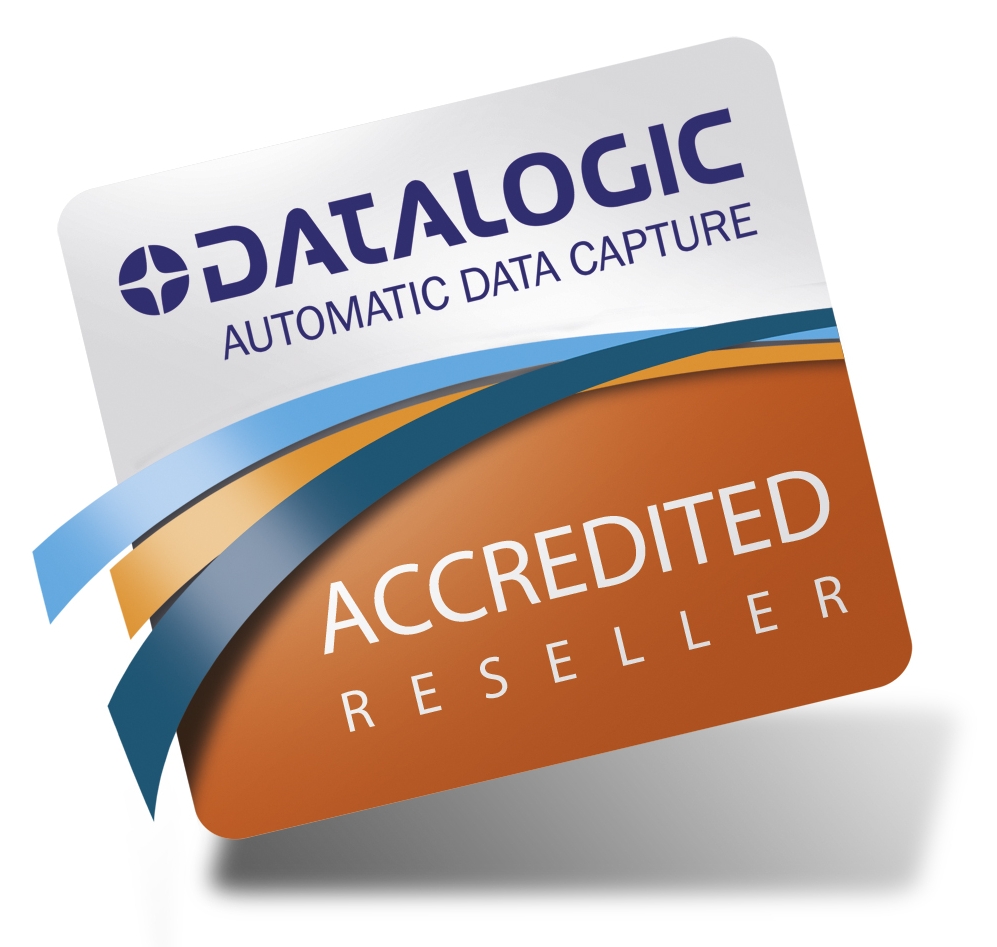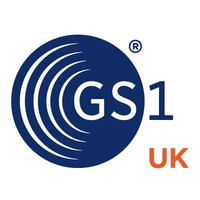Barcode Verification
From Chaos to Control: How Barcode Verification Solutions Optimize Manufacturing and Supply Chain Processes
Barcode verification is a critical component of modern manufacturing and supply chain operations. The barcode system has become an integral part of identifying, tracking, and managing products, from raw materials to finished goods. Barcode verification refers to the process of checking and validating the quality and accuracy of barcodes to ensure that they can be read by scanners and other automated systems.
Without a reliable barcode verification system in place, errors in labeling and packaging can occur, leading to increased costs, delays, and customer dissatisfaction. Barcodes that cannot be read or are incorrect can also lead to inventory issues, delays in shipping, and even compliance problems in regulated industries.
Implementing a robust barcode verification system is essential to prevent these problems and ensure the accuracy and quality of product labeling and packaging. By doing so, manufacturers and supply chain operators can streamline their operations, reduce waste, and improve overall efficiency. Additionally, using barcode verification can help companies meet compliance requirements and improve their brand reputation by delivering high-quality products that meet or exceed customer expectations.

- Minimizes Barcode-Related Errors
- Improved Customer Experiences
- Improved Supply Chain Efficiency
Unlocking Efficiency and Reliability with ISO/IEC 15416-Compliant Verifiers
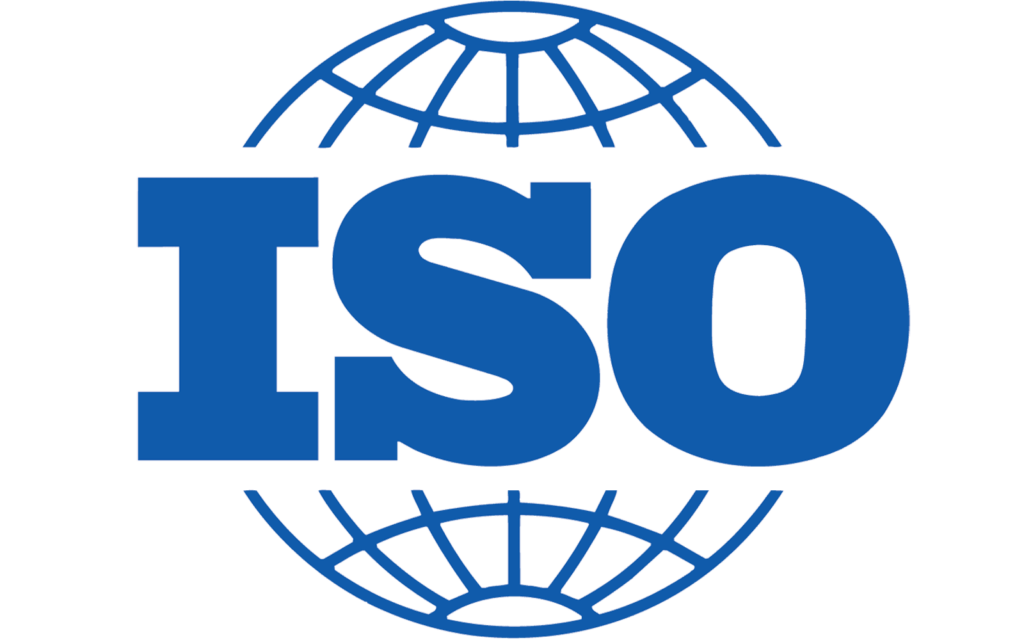 Barcode verification is a critical process in many industries where product labeling accuracy is paramount. When it comes to choosing a barcode verifier, it’s important to consider whether it complies with international standards. One such standard is ISO/IEC 15416, which sets requirements for the quality and accuracy of linear barcodes.
Barcode verification is a critical process in many industries where product labeling accuracy is paramount. When it comes to choosing a barcode verifier, it’s important to consider whether it complies with international standards. One such standard is ISO/IEC 15416, which sets requirements for the quality and accuracy of linear barcodes.
By using a barcode verifier that complies with ISO/IEC 15416, businesses can enjoy several benefits. First, they can be assured that their barcodes meet the highest standards for readability and accuracy. This is particularly important in industries where even minor errors can have significant consequences, such as healthcare, aerospace, and automotive.
Second, compliance with ISO/IEC 15416 can help businesses avoid costly rework and delays caused by barcode failures. With a reliable and accurate barcode verifier, businesses can ensure that their products are properly labeled and ready for shipment without any delays or errors.
Finally, using a barcode verifer that complies with international standards can help businesses maintain regulatory compliance. Many industries, such as pharmaceuticals and food and beverage, have strict labeling requirements that must be met to comply with regulations. By using a barcode verifier that meets international standards, businesses can ensure that their products meet these requirements and avoid costly penalties and fines.
The Power of Barcode Verification in Eliminating Errors and Optimizing Efficiency
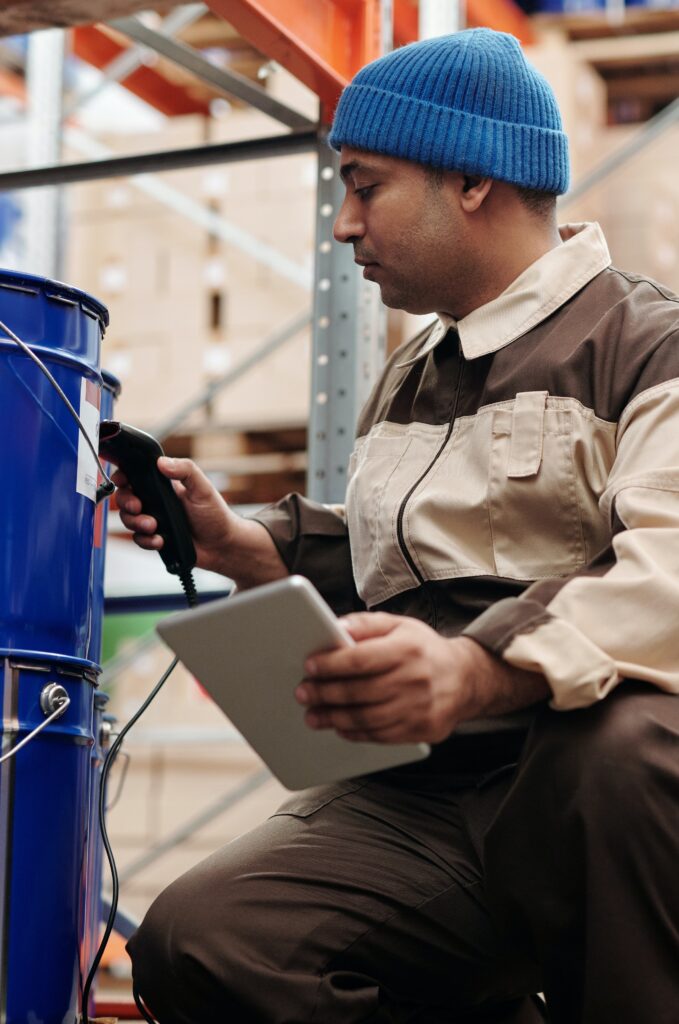 Barcode verification plays a critical role in ensuring that products are labeled and packaged correctly, and errors can have serious consequences for both manufacturers and customers. By implementing a barcode barcode verifier, manufacturers can significantly reduce the risk of errors and improve overall efficiency in their supply chain operations.
Barcode verification plays a critical role in ensuring that products are labeled and packaged correctly, and errors can have serious consequences for both manufacturers and customers. By implementing a barcode barcode verifier, manufacturers can significantly reduce the risk of errors and improve overall efficiency in their supply chain operations.
One of the primary benefits of barcode verification is the reduction of waste in product labeling and packaging. Without a proper verification system in place, labels may be printed incorrectly, resulting in wasted materials and additional printing costs. Furthermore, if a product is mislabeled, it may be recalled, which can result in lost sales and damage to brand reputation.
Barcode verification can also help prevent errors that can occur during the picking and packing process. By ensuring that the right product is being picked and packed, manufacturers can reduce the likelihood of shipping errors and subsequent returns or exchanges. This not only improves customer satisfaction but also reduces the costs associated with returns.
In addition to reducing waste and errors, barcode verification can also help manufacturers improve their overall production efficiency. By implementing an automated barcode verifier, manufacturers can significantly reduce the time and labor required to manually verify barcodes. This not only saves time but also allows employees to focus on other critical tasks.
Overall, barcode verification is a critical component of any manufacturing or supply chain operation, helping to prevent errors, reduce waste, and improve overall efficiency. By investing in a high-quality barcode verifier, manufacturers can ensure that their products are accurately labeled and packaged, improving customer satisfaction and brand reputation.
Barcode Verification: Safeguarding Compliance, Product Integrity, and Supply Chain Security
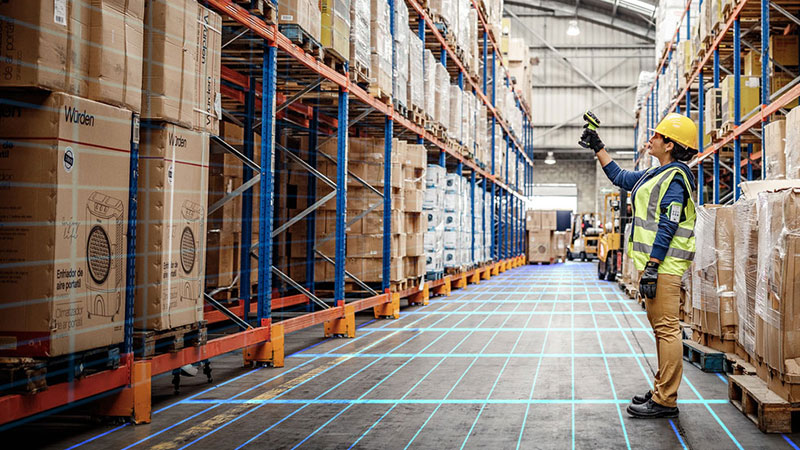 Barcode verification plays a critical role in ensuring regulatory compliance in industries such as pharmaceuticals and food and beverage. These industries are subject to strict regulations around product labeling and packaging, and noncompliance can result in significant financial and reputational damage, as well as potential legal action.
Barcode verification plays a critical role in ensuring regulatory compliance in industries such as pharmaceuticals and food and beverage. These industries are subject to strict regulations around product labeling and packaging, and noncompliance can result in significant financial and reputational damage, as well as potential legal action.
Barcode verifiers are designed to ensure that the printed barcodes on product labels and packaging meet specific industry standards, such as those set by the International Organization for Standardization (ISO) and the Uniform Code Council (UCC). These standards govern factors such as barcode size, contrast, and reflectivity, which are crucial for accurate scanning and identification.
By implementing a high-quality barcode verifier that complies with industry standards, companies in the pharmaceutical and food and beverage industries can ensure that their product labels and packaging are accurately labeled and comply with regulatory requirements. This not only helps to reduce the risk of errors, such as incorrect dosage or allergen information, but also helps to maintain product integrity throughout the supply chain.
In addition to improving regulatory compliance, barcode verification can also help to reduce the risk of counterfeiting and diversion in these industries. By implementing unique and traceable barcodes on product labels and packaging, companies can track their products throughout the supply chain and quickly identify any instances of tampering or diversion.
Best Practices for Selecting, Implementing, and Maximizing Your Barcode Verifier
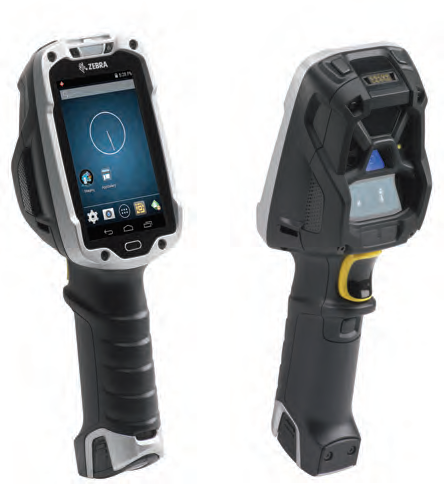 When it comes to selecting and implementing a barcode verifier , there are several best practices that can help ensure a successful outcome. First, it’s important to identify the specific needs of your industry and any regulatory requirements that may apply. For example, pharmaceutical companies may have strict guidelines for barcode quality, while retailers may require barcode verification at the point of sale.
When it comes to selecting and implementing a barcode verifier , there are several best practices that can help ensure a successful outcome. First, it’s important to identify the specific needs of your industry and any regulatory requirements that may apply. For example, pharmaceutical companies may have strict guidelines for barcode quality, while retailers may require barcode verification at the point of sale.
Once you’ve identified your needs, it’s important to select a barcode verifier that meets those requirements. This may involve evaluating different technologies, such as handheld scanners or inline barcode verifier , as well as considering factors such as speed, accuracy, and ease of use.
In addition, it’s important to consider the total cost of ownership when selecting a barcode verification system. This includes not only the initial purchase price, but also ongoing costs such as maintenance and training.
Once you’ve selected a barcode verifier , it’s important to implement it correctly in order to achieve the desired results. This may involve working closely with the vendor to ensure proper installation and setup, as well as training your staff to use the system effectively.
Finally, it’s important to regularly monitor and evaluate your barcode verifier in order to ensure that it continues to meet your needs over time. This may involve conducting regular audits of your labeling process, as well as using data analytics to identify areas for improvement.
By following these best practices, you can ensure that your barcode barcode verifier is effective, efficient, and helps you meet your business goals.


